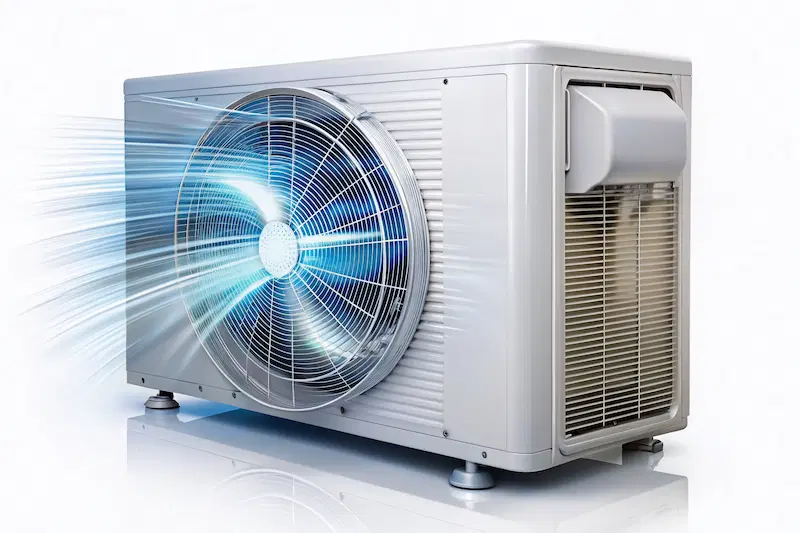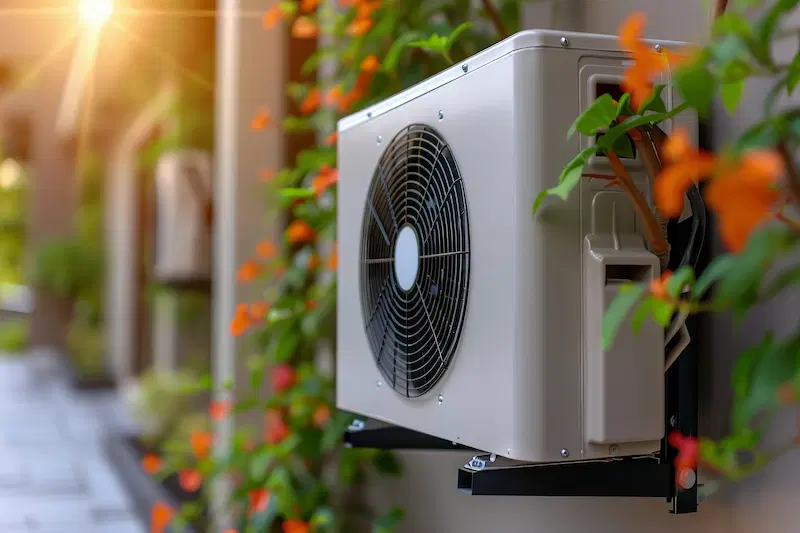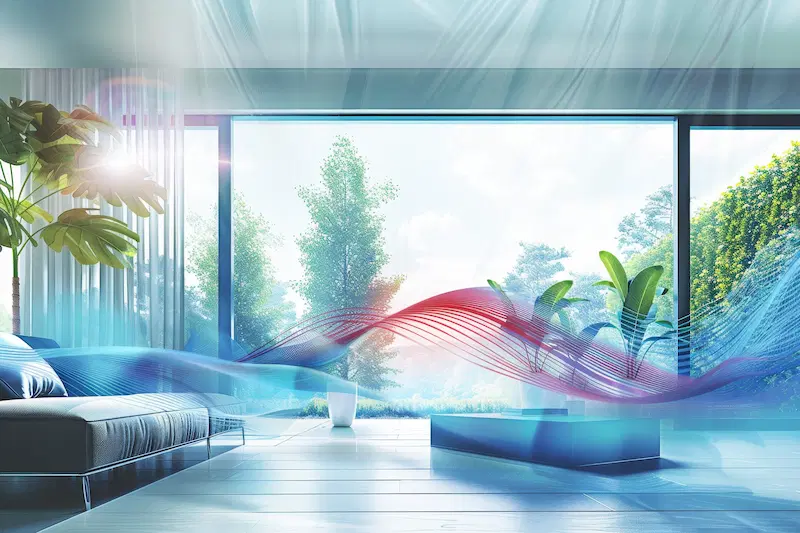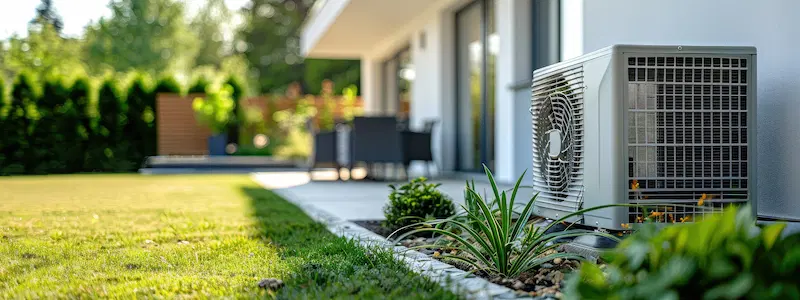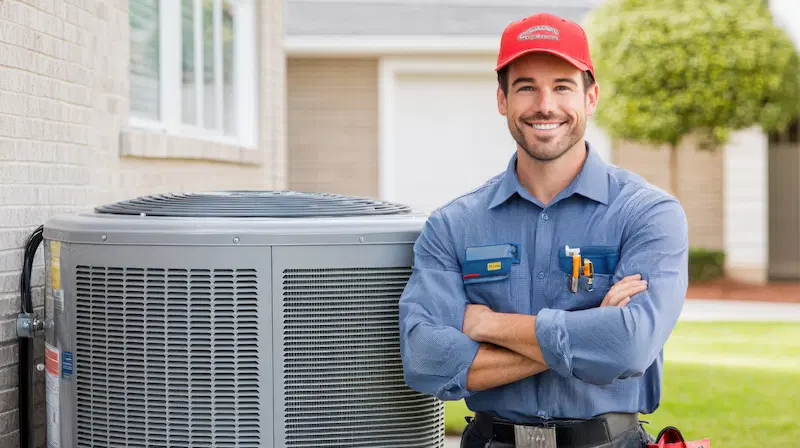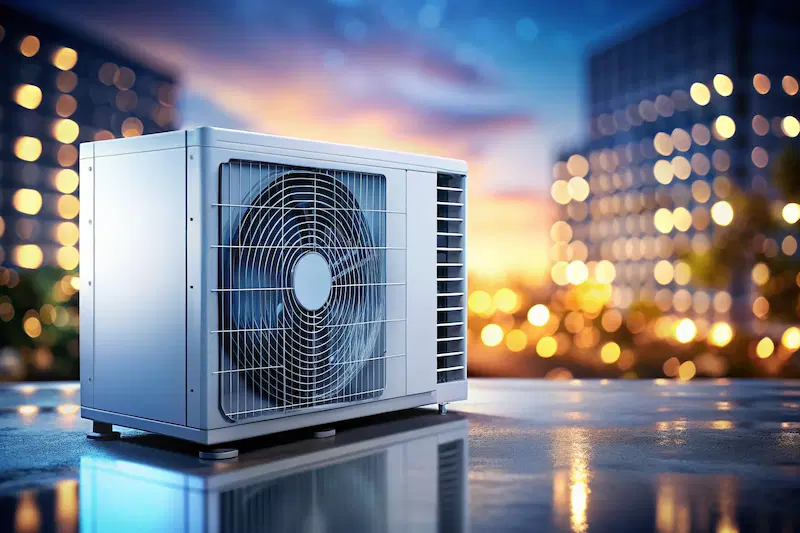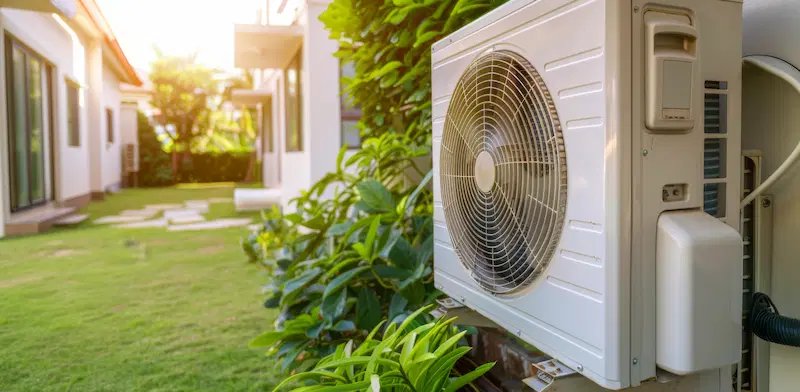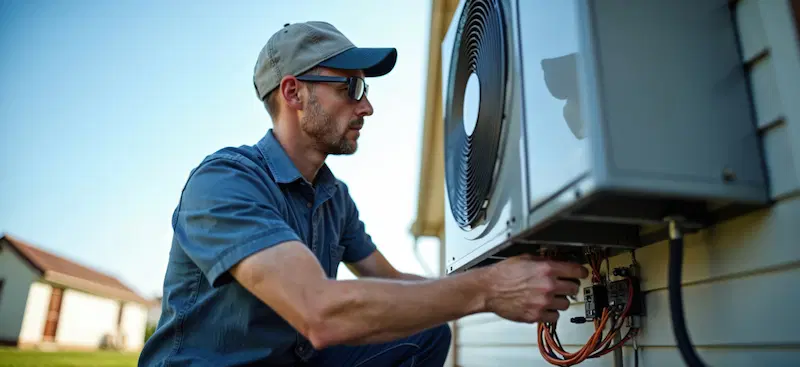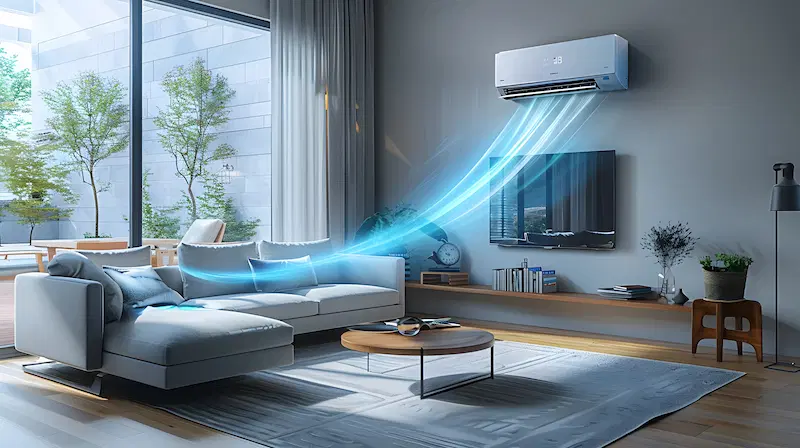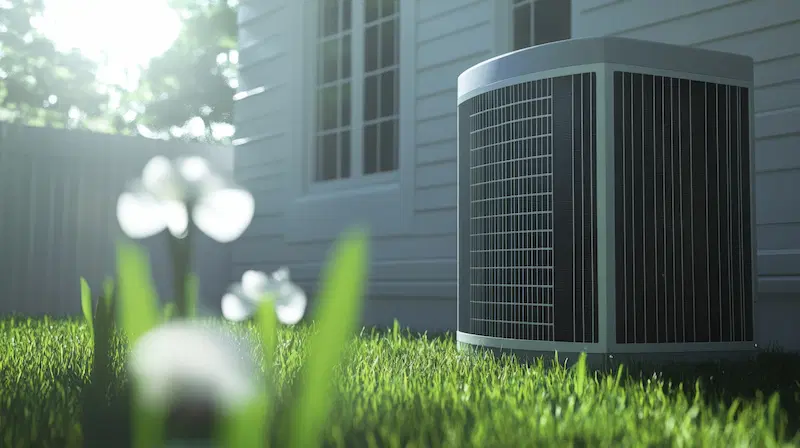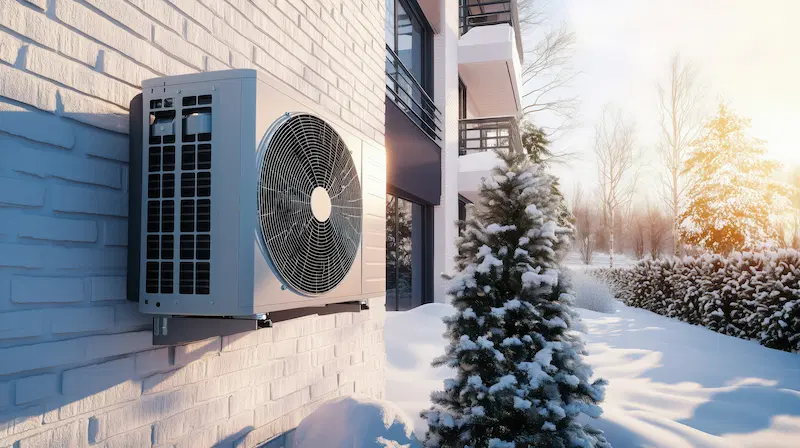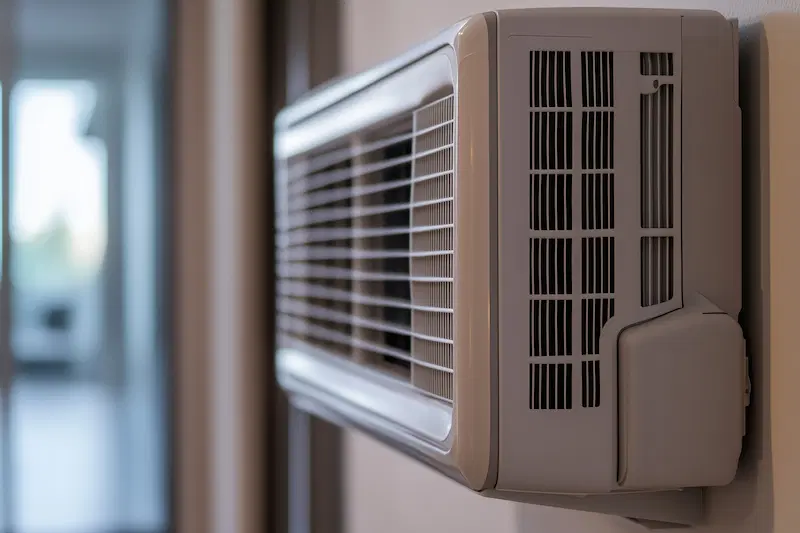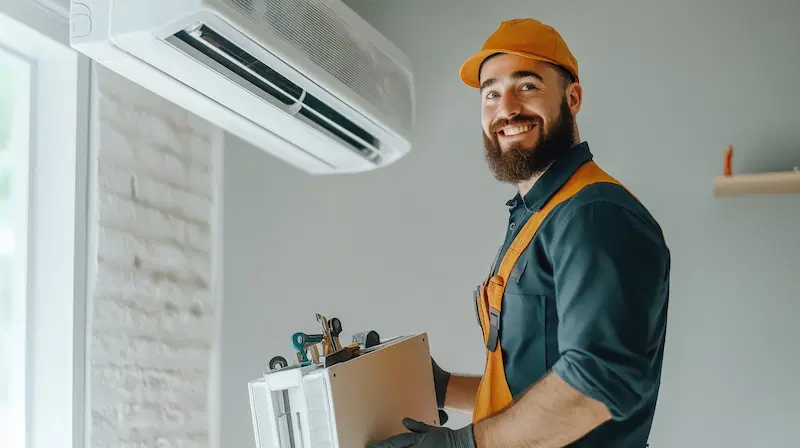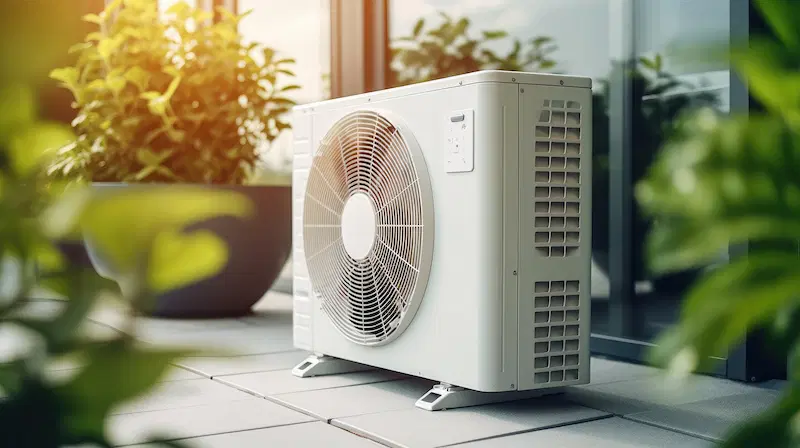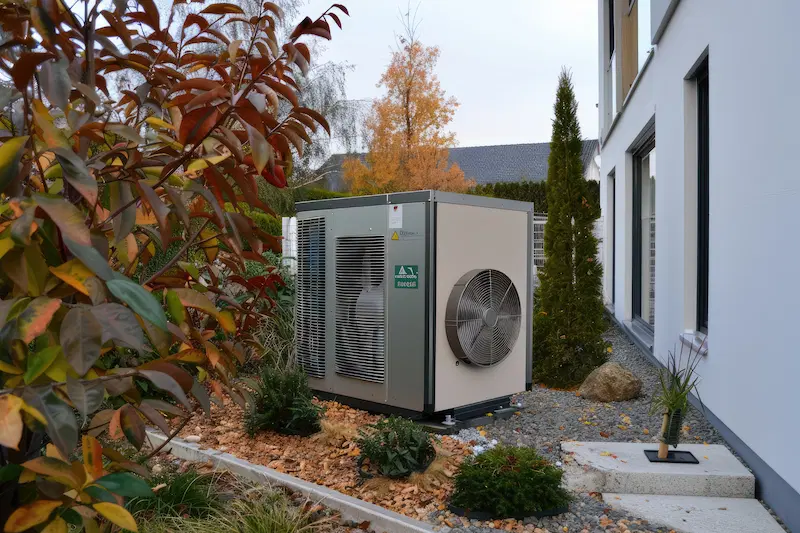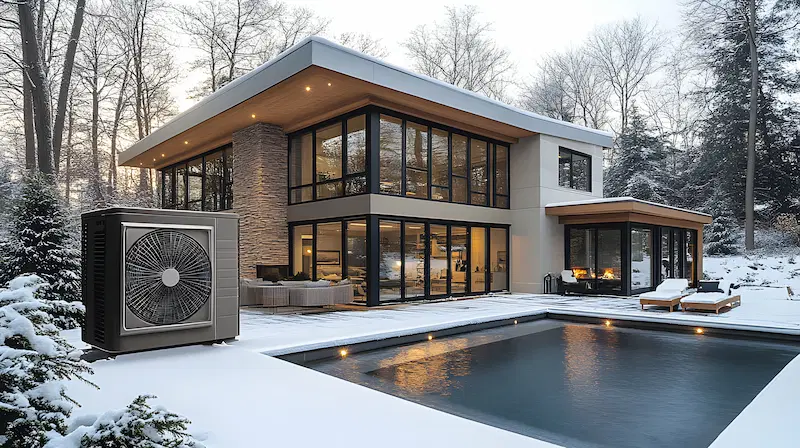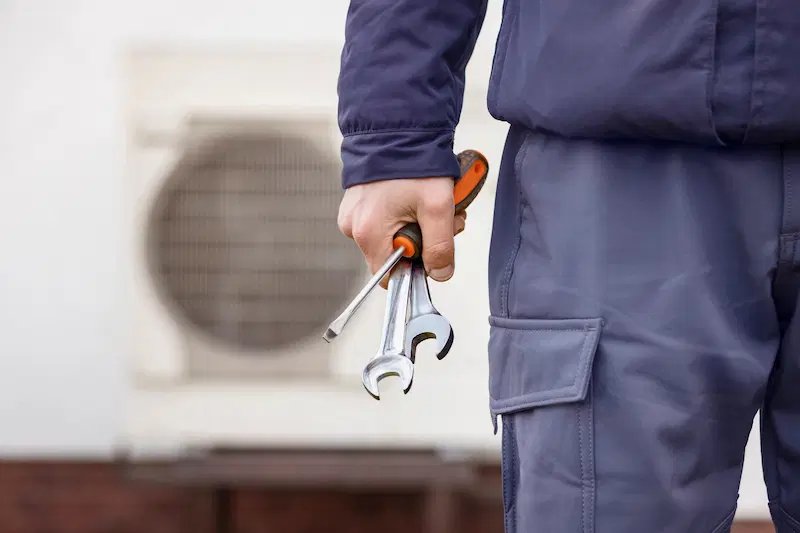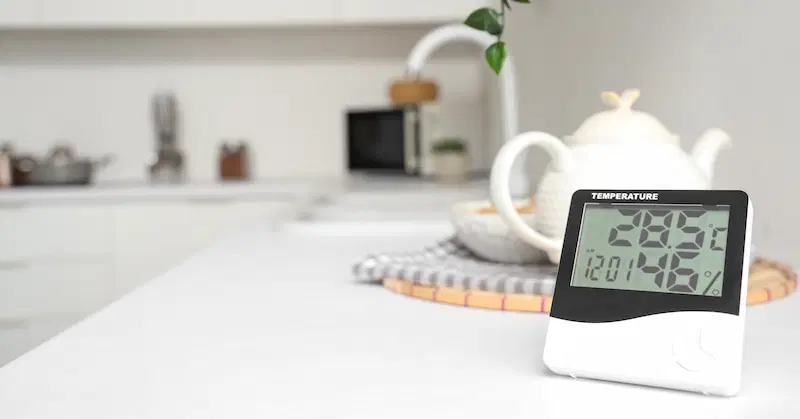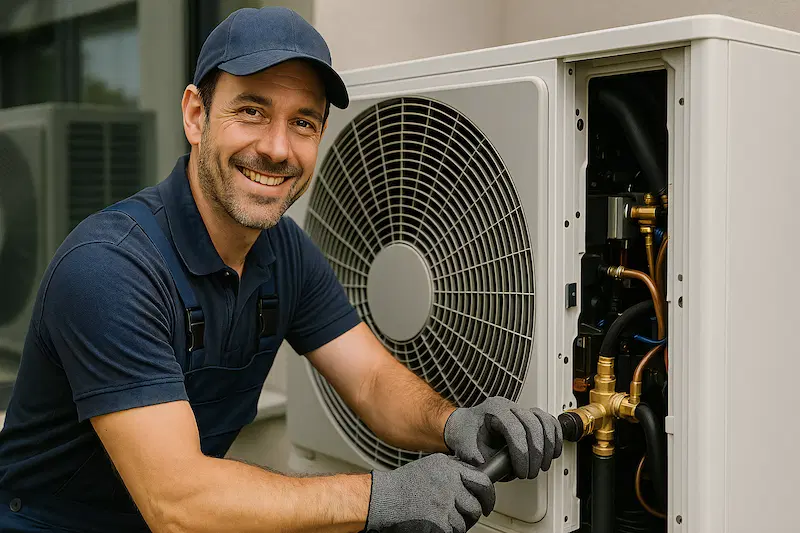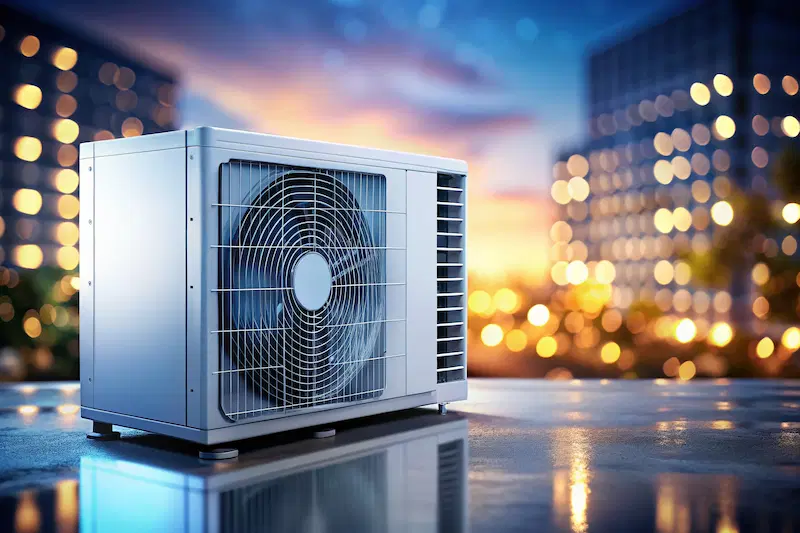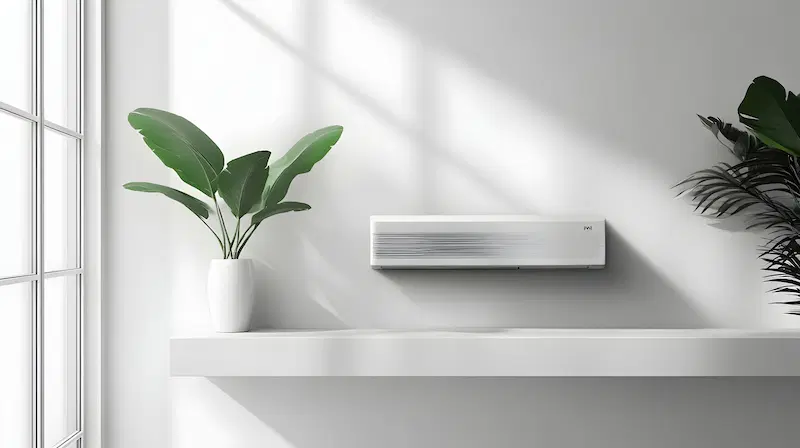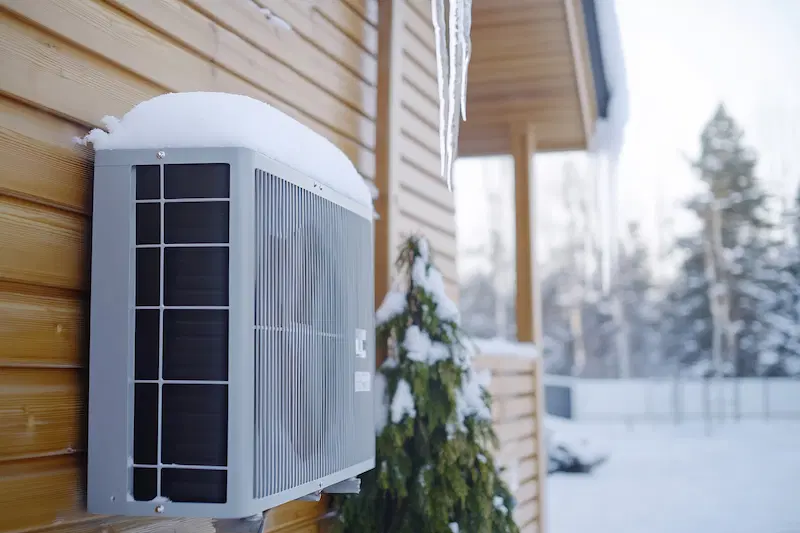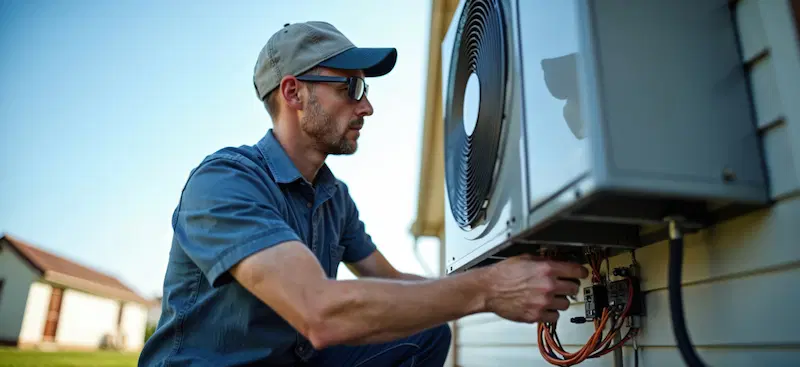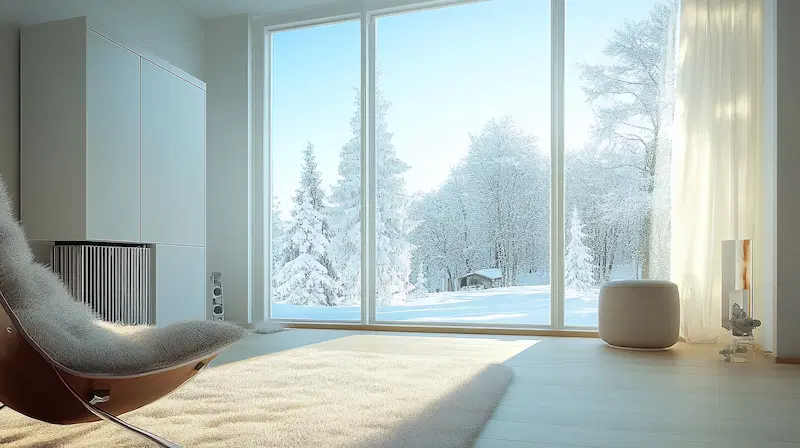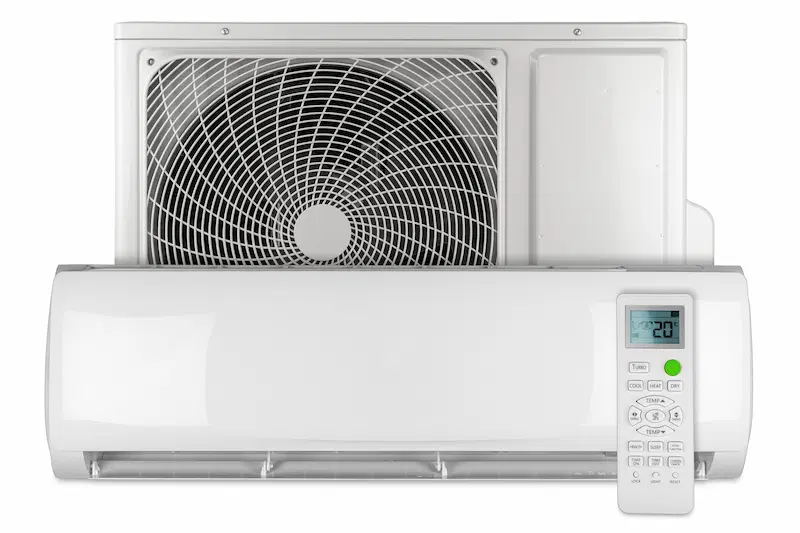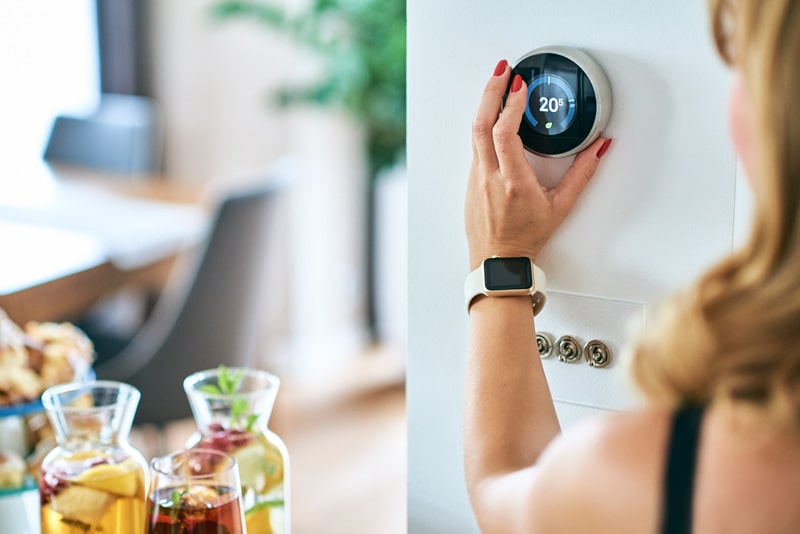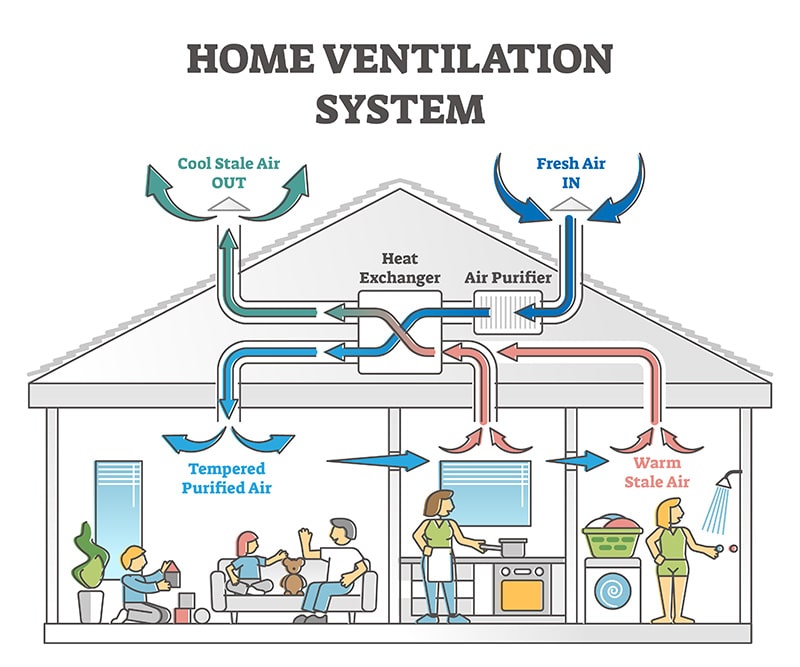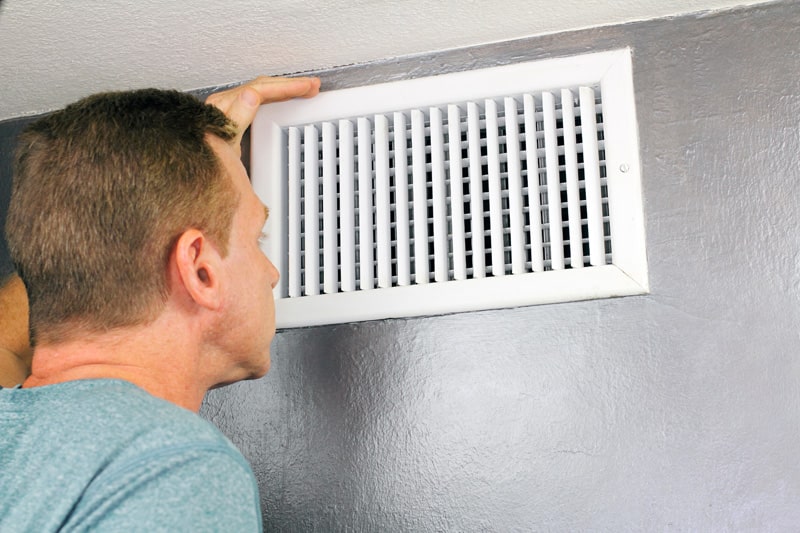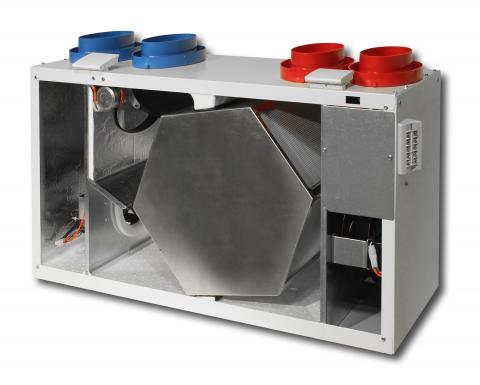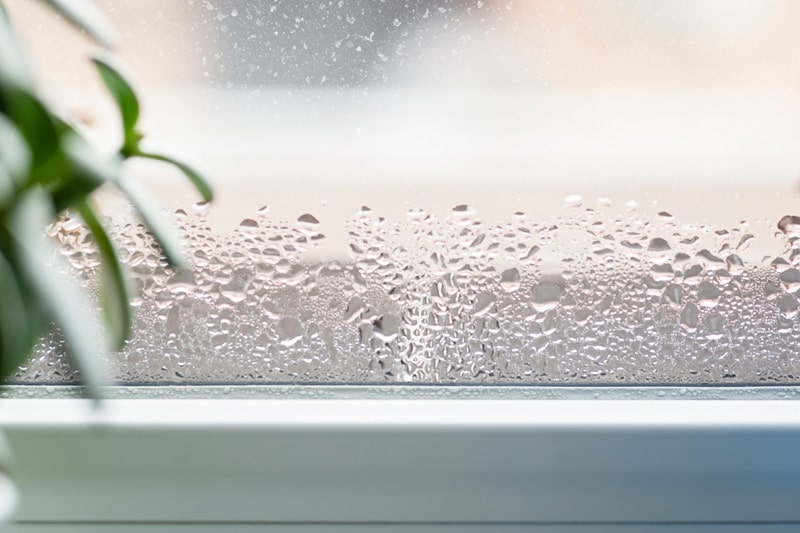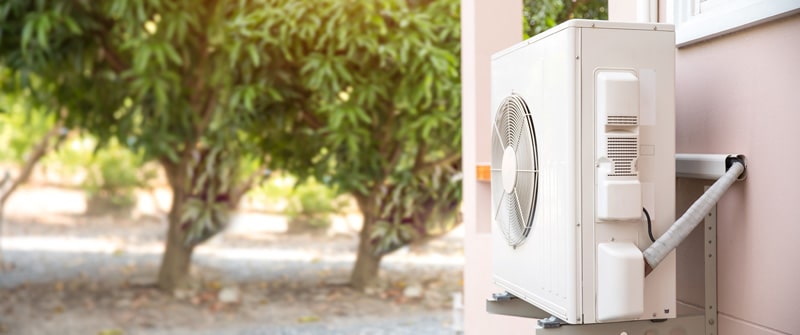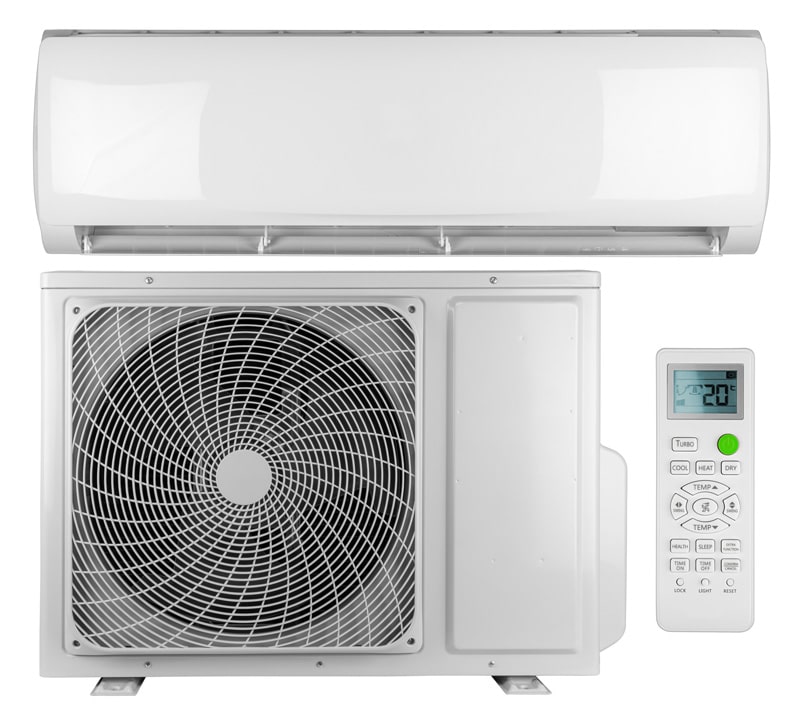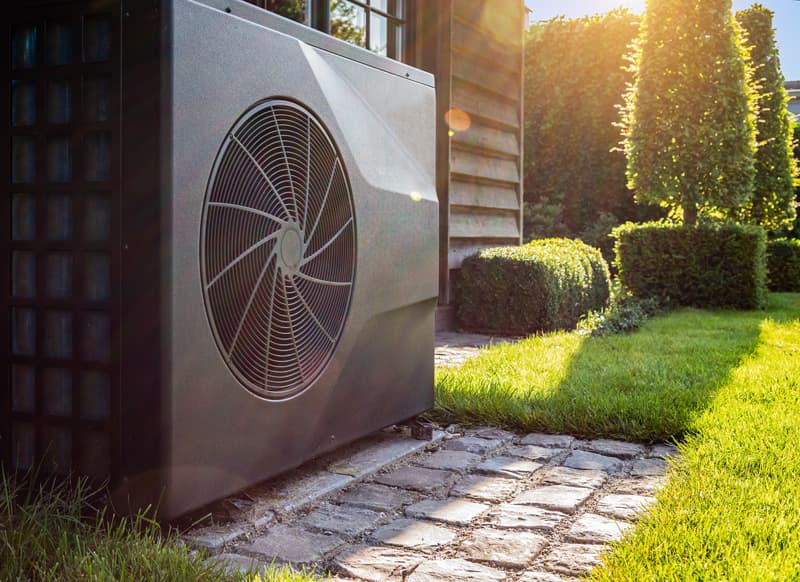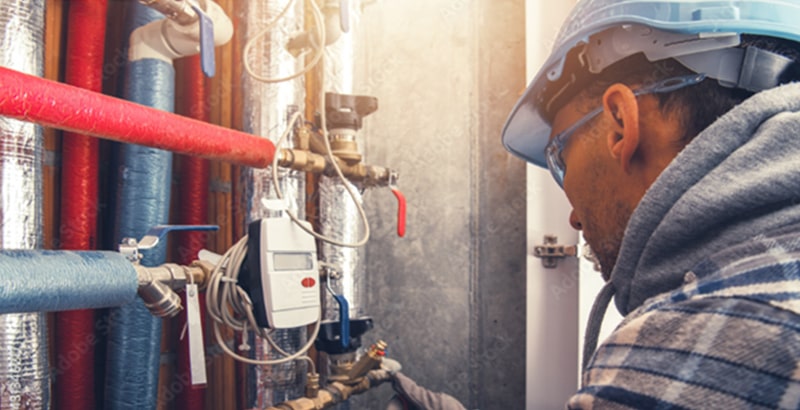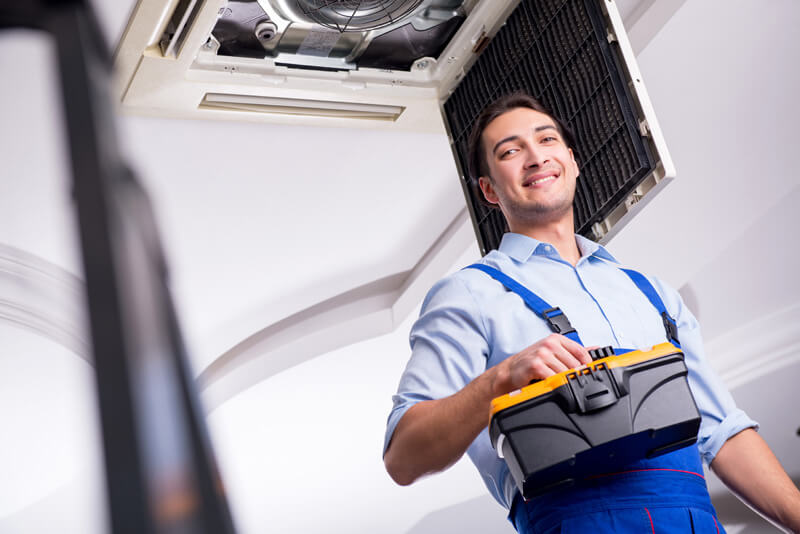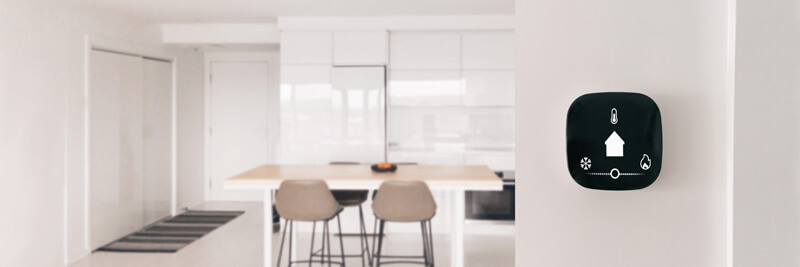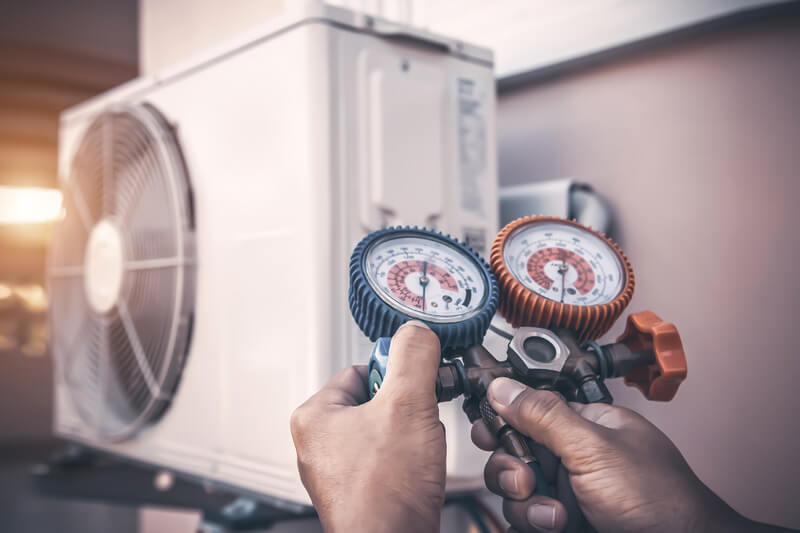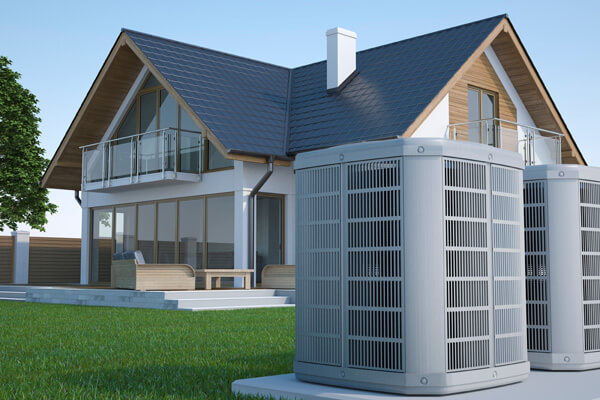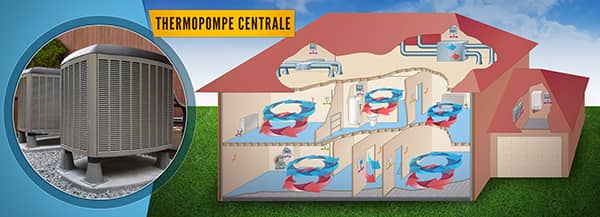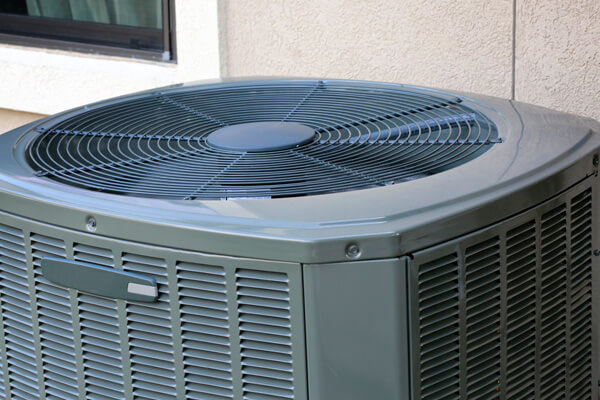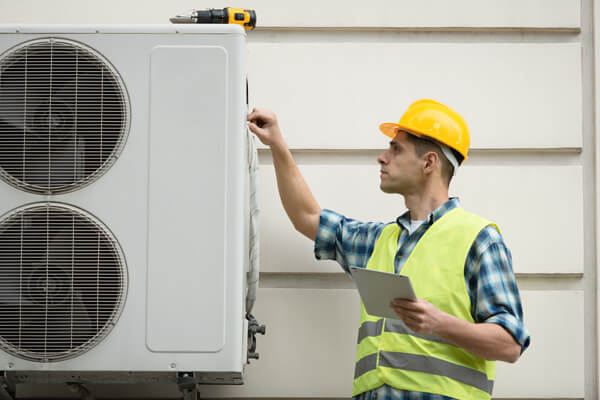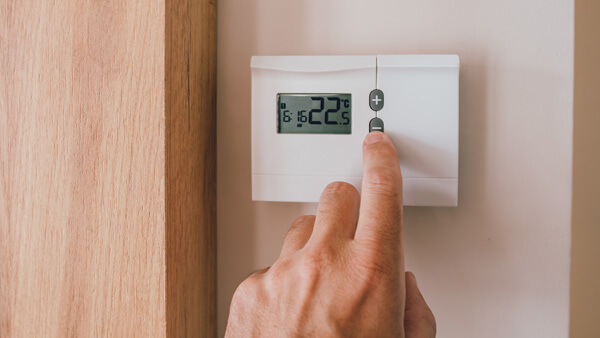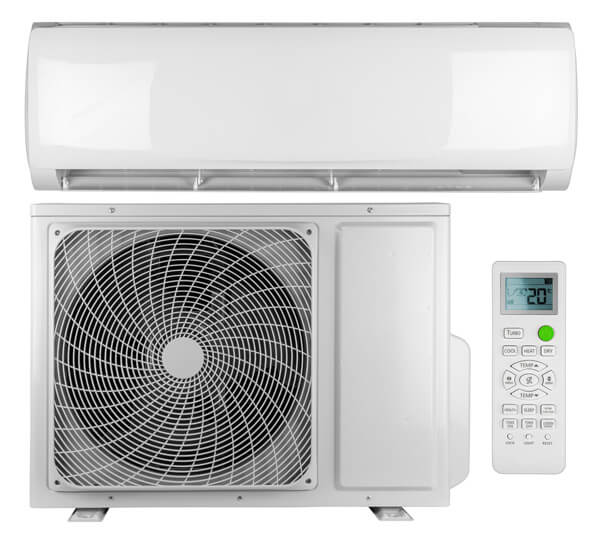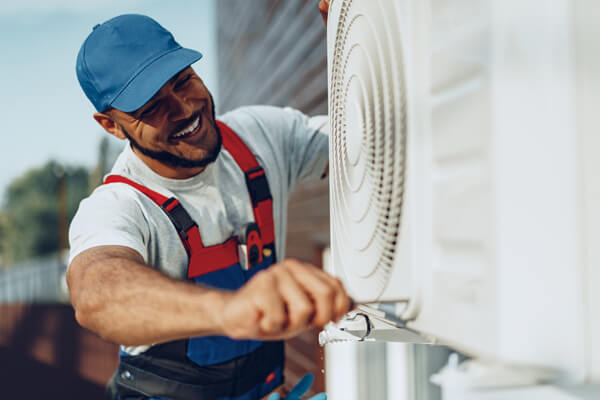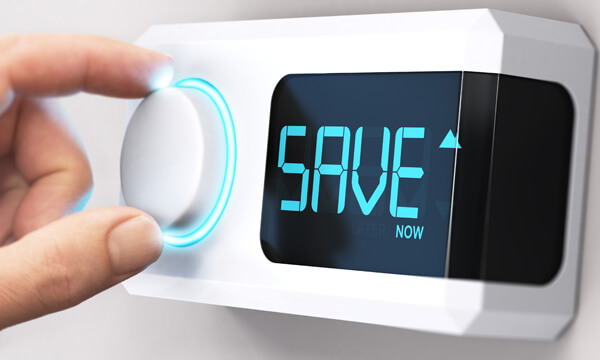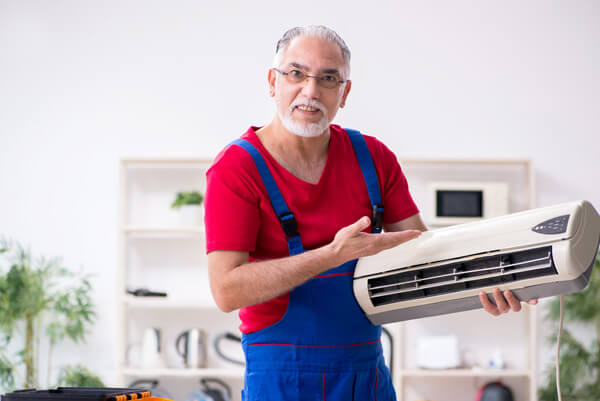Are you planning to upgrade your heating and cooling system? 2025 is the perfect year to make the switch to an energy-efficient heat pump.
When it comes to reliability, performance in cold climates, and long-term energy savings, Fujitsu heat pumps are regarded as a top choice.

In this brief guide, we will explain:
- Why heat pumps are the future of HVAC systems in Canada
- Why Fujitsu is a superior heat pump brand in 2026
- The best Fujitsu heat pump models for homes anywhere in Canada
- Prices with installation quotes in various provinces
- Rebates and incentives available for heat pump installation
- How to choose the right Fujitsu system for your home
Whenever you are ready to start comparing models and prices, feel free to fill out our short online form.
Receive FREE and NO-OBLIGATION quotes of various models for Fujitsu heat pumps from our trusted HVAC partners!
Why Heat Pumps Are a Smart Choice in 2026
Energy Efficiency for Year-Round Comfort
Heat pumps operate by transferring heat rather than generating it from a fuel source, making them significantly more efficient than conventional systems like oil furnaces or electric baseboards.
In fact, modern heat pumps can deliver 300% to 400% efficiency, which means that for every unit of electricity they consume, they provide three to four units of heating or cooling. That’s smart and practical!
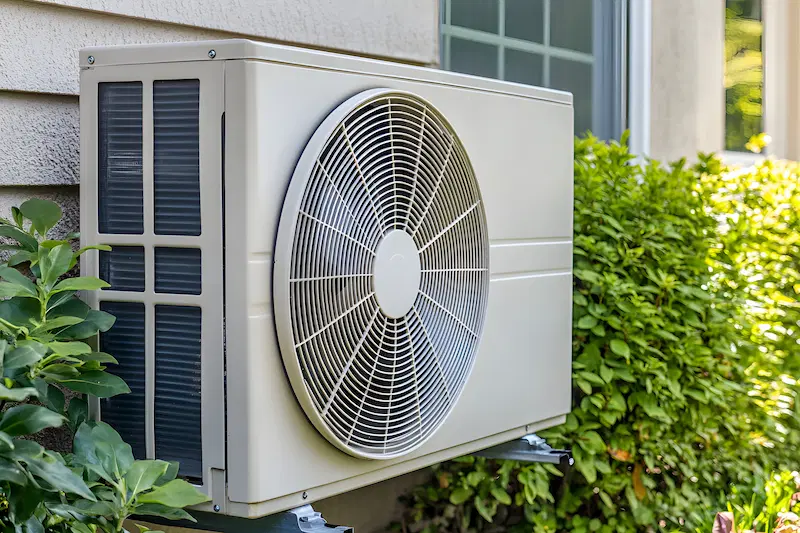
Designed for Canadian Winters
Contrary to what some people think, modern heat pumps perform well even in extremely cold conditions. Thanks to inverter technology and advanced refrigerants, units like Fujitsu’s XLTH series operate reliably in temperatures as low as -26°C to -30°C, making them ideal for Canada’s unpredictable climate from Vancouver to Halifax.
Lower Energy Bills and Carbon Footprint
A high-efficiency heat pump can reduce your electricity bills by 30–50%. Imagine slashing your energy bills and, at the same time, contributing to a greener Canada. It is a win-win for your wallet and the environment!
It is easy to see why heat pumps are becoming more popular all across Canada. Make your home more energy efficient and save on energy bills while enjoying a more comfortable home environment throughout the year.
Why Fujitsu Is One of Canada’s Best Heat Pump Brands
Fujitsu has been a leader in the HVAC industry for over 40 years. As a well-known Japanese brand, it has established a reputation for durability and high performance for its HVAC systems.
Their 2026 heat pump lineup demonstrates their commitment to efficiency, durability, and smart technology.
Here are the key benefits of choosing a Fujitsu heat pump:
- Superior Efficiency: Many models boast SEER (Seasonal Energy Efficiency Ratio) ratings of up to 33.1 and HSPF (Heating Seasonal Performance Factor) of up to 14.2, much higher than other brand models.
- Cold Climate Expertise: Fujitsu models are designed for Canadian winters in mind, capable of maintaining warmth without relying on backup heat strips.
- Smart Features: Many systems have Wi-Fi capability, remote control, and integration with smart thermostats.
- Quiet Performance: Indoor units operate quietly, as low as 20 decibels, which is quieter than a whisper. This makes them ideal for bedrooms or home offices.
- Long-Term Warranty: Fujitsu offers warranties of up to 12 years for parts and 10 years for labour for its 2026 models if installed by a certified contractor.
These key benefits make Fujitsu heat pumps a superior choice for residential heating and cooling solutions.
Find the right Fujitsu heat pump for your home by requesting FREE QUOTES from our partner HVAC specialists today.
Best Fujitsu Heat Pump Models in 2026
As the demand for energy-efficient climate control increases throughout Canada, many homeowners are switching to heat pumps as a reliable heating and cooling solution.
Fujitsu heat pumps stand out because of their exceptional performance, advanced technology, and durability. Understanding how to compare Fujitsu models will allow you to choose the right investment for your HVAC system at home in 2026.
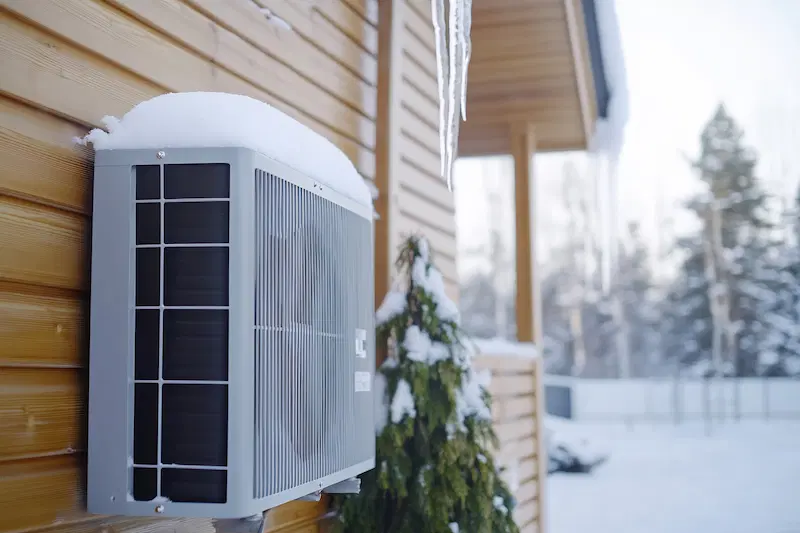
1. Fujitsu LZAH1 Series (Maximum Efficiency)
This model is a cold-climate specialist. Boasting a SEER rating of up to 33.1 and HSPF of up to 14.2, this model is clearly one of the most reliable heat pumps in the market this year.
- Best for: Single-zone applications, such as a living room or basement.
- Performance: Maintains excellent operation at -26°C.
- Other accessories: Has a base pan heater and frost sensor.
- Sizes Available: 9,000 BTU, 12,000 BTU, and 15,000 BTU.
2. Fujitsu LMAS1 & LMAH1 Series (Balanced Performance)
This model is a great mid-range option, offering superior value without sacrificing comfort.
- SEER: Up to 26.5
- HSPF: Up to 13
- Sizes available: 9,000 BTU to 24,000 BTU
- Key Features: Can be wall-mounted or ducted style for flexible installation.
3. Fujitsu XLTH Series (Extra Low Temperature Heating)
Specially designed for the Canadian climate, this line will keep your home warm in frigid weather without needing backup electric heating.
- Performance: Reliable down to -30°C
- SEER: Up to 20.0
- Suitable for: Eastern Canada and the Prairies where temperatures regularly dip below -20°C.
4. Fujitsu Infinite Comfort Series (Central Heat Pumps)
This series is designed for heating and cooling the entire home and can compare with traditional central HVAC systems.
- Technology: Has variable-speed compressors that adjust output for maximum comfort.
- SEER: Up to 19
- HSPF: Up to 10.7
- Compatibility: Works with Ecobee thermostats and smart zoning.
Fujitsu heat pumps have several operating modes to adapt to different needs:
- Auto: Automatic switching between heating and cooling
- Dry: Dehumidifies the air without overcooling
- Fan: Circulates air only
- Quiet: Reduces outdoor unit and indoor fan noise
- Economy: Limits energy consumption
These modes provide users with personalized comfort based on individual needs and help save on heating and cooling bills.
If you want to compare Fujitsu heat pump models and prices, please fill out the short online form below and receive FREE QUOTES from our partner HVAC specialists near you.
Fujitsu Heat Pump Quotes in Canada in 2026
The cost of heat pumps varies based on factors such as BTU rating, size, model, complexity of the installation, location of your home, and size of your home.
You can refer to the prices below for an estimate on the cost of a Fujitsu heat pump installation in 2025.
| Province | Model | Estimated Price in CAD (with Installation) |
| British Columbia | Fujitsu Infinite Comfort 2.5 ton | $16,000 – $18,500 |
| Quebec/Montreal | Fujitsu Infinite Comfort with Ecobee | $18,000 – $19,500 |
| Ontario | LZAH1 Series (Single-Zone) | $5,000 – $6,000 |
| Alberta | XLTH Multi-Zone System | $10,000 – $15,000 |
Get at least 3 quotes from certified contractors via our online request form to ensure high-quality installation at the lowest possible price.
Choosing the Right Fujitsu System for Your Home
The previous section introduced the various Fujitsu heat pump models to consider for your home.
How do you know the right model and size for heating and cooling your home as efficiently as possible?
1. Determine your Heating & Cooling Needs
- For a single-room upgrade, choose a high-efficiency wall-mounted unit like the LZAH1.
- For whole-home heating and cooling, choose a ducted Infinite Comfort system or a multi-zone XLTH model.
- If your home has existing ducts, replace an AC and furnace with a central air-source heat pump.
2. Size and BTU Calculation
Installing a unit that is either too large or too small can lead to inefficiencies and discomfort. A professional HVAC contractor can assess your home’s HVAC needs. Below is a rough guide for your reference:
| Square Footage | Recommended BTU |
| 500 to 800 square feet | 9,000 – 12,000 |
| 800 to 1,200 square feet | 12,000 – 18,000 |
| 1,200 to 2,000 square feet | 18,000 – 24,000 |
| More than 2,000 square feet | 24,000++ |
3. Cold-Climate Certification
Check that the model is ENERGY STAR® certified and is suitable for Zone 5+ climates.
Hopefully, this brief section has helped you understand how to compare the various heat pump models to find the right one for your home.
Our partner contractors will be happy to help you look for the Fujitsu heat pump that is perfect for your home’s heating and cooling needs. You can compare at least 3 quotes to get the best price!
Start comparing heat pumps today when you fill out our short online form at NO COST!
FAQS about Fujitsu Heat Pumps
A heat pump is an investment that costs thousands of dollars. Your choice will also impact your home environment, comfort, and lifestyle for years to come.
We know you want to make the best possible choice so we prepared a few FAQs to guide you.
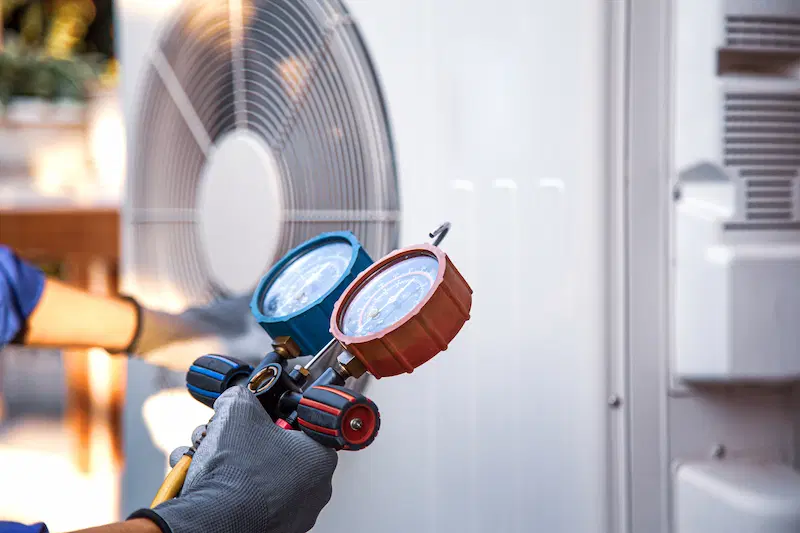
How long does a Fujitsu heat pump last?
Fujitsu heat pumps can last 15–20 years with professional installation and correct maintenance.
Is a backup heating source needed?
If you install the XLTH series, you won’t need a backup system. In extremely cold regions, baseboard heaters or other secondary heat source can increase your comfort.
Can I DIY a heat pump installation?
Fujitsu warranties require professional installation by certified contractors. To ensure optimal performance from your heat pump and activate warranties, it is best to hire a certified technician for your heat pump installation.
Where are Fujitsu heat pumps made?
Fujitsu heat pumps are mostly manufactured in Japan. Some Canadian versions are adapted to meet local standards and are distributed via official partners in Canada.
What is the recommended setting for a Fujitsu heat pump?
It is advisable to set the air conditioner temperature to 22-24 degrees in summer and and 19-21 degrees for heating in winter.
Setting extremely low temperatures in summer and very warm temperatures in winter will cause your heat pump to overwork and consume more energy than needed.
How often does a Fujitsu heat pump need servicing?
A ducted system should be serviced every 1 to 2 years, depending on usage. In between servicing, there are things you can do to keep your ducted heat pump in good condition.
Maximizing Rebates and Incentives for a Heat Pump Installation
Government incentives in various Canadian provinces in 2026 have made switching to a Fujitsu heat pump more affordable than ever.
Together with federal government rebate, these programs hope to encourage homeowners to update to energy-efficient heating and cooling systems to reduce carbon emissions.

The programs and eligibility requirements may vary depending on your location.
Ontario:
- Home Renovation Savings Program (HRS) was launched in January 2026 and offers rebates of up to $7,500 for the replacement or installation of a new ductless heat pump.
- The Ontario government offers rebates for cold climate air source heat pumps and ground source heat pumps with amounts that vary based on the heat pump type.
- The HomeEnergySaver Program also offers incentives to homeowners with electrically heated homes in eligible areas with up to $5,000 for air-source heat pumps and $10,000 for ground-source heat pumps.
Other Provinces:
Some key programs in other provinces and territories are:
- Canada Greener Home Loan aims to help homeowners finance energy-efficient retrofits such as heat pump installations.
- Retrofit Program, with Natural Resources Canada, offers incentives for retrofitting buildings to lower energy consumption with air-source heat pumps, among others.
- Oil to Heat Pump Affordability Program is available throughout Canada and offers qualified homeowners a grant and rebate to switch from oil to heat pumps for heating and cooling.
Fujitsu and is distributor offer limited-time rebates of $500 to $1,000 in spring and fall promotions.
Is it worth switching to a Fujitsu Heat Pump?
If you want to lower your energy bills and enjoy all-year-round comfort, a Fujitsu heat pump in 2026 is a smart investment.
Take advantage of long warranties and rebates to make your new heat pump more affordable. Superior models like the LZAH1, the mid-range LMAH1, or the Infinite Comfort Series central system offers solutions for all types of homes and budget.
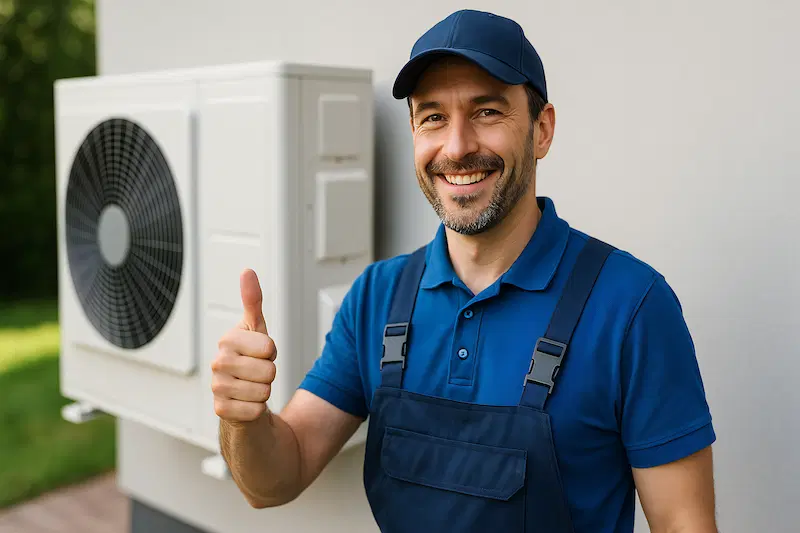
Explore your options to switch or replace your heat pump with tailored quotes from our reputable HVAC partners.
With energy prices increasing and amazing government incentives, the time to upgrade your home’s HVAC system is NOW.
Take just 2 minutes to complete our online request form on this page and get FREE QUOTES WITH NO OBLIGATION from certified HVAC specialists near you.

